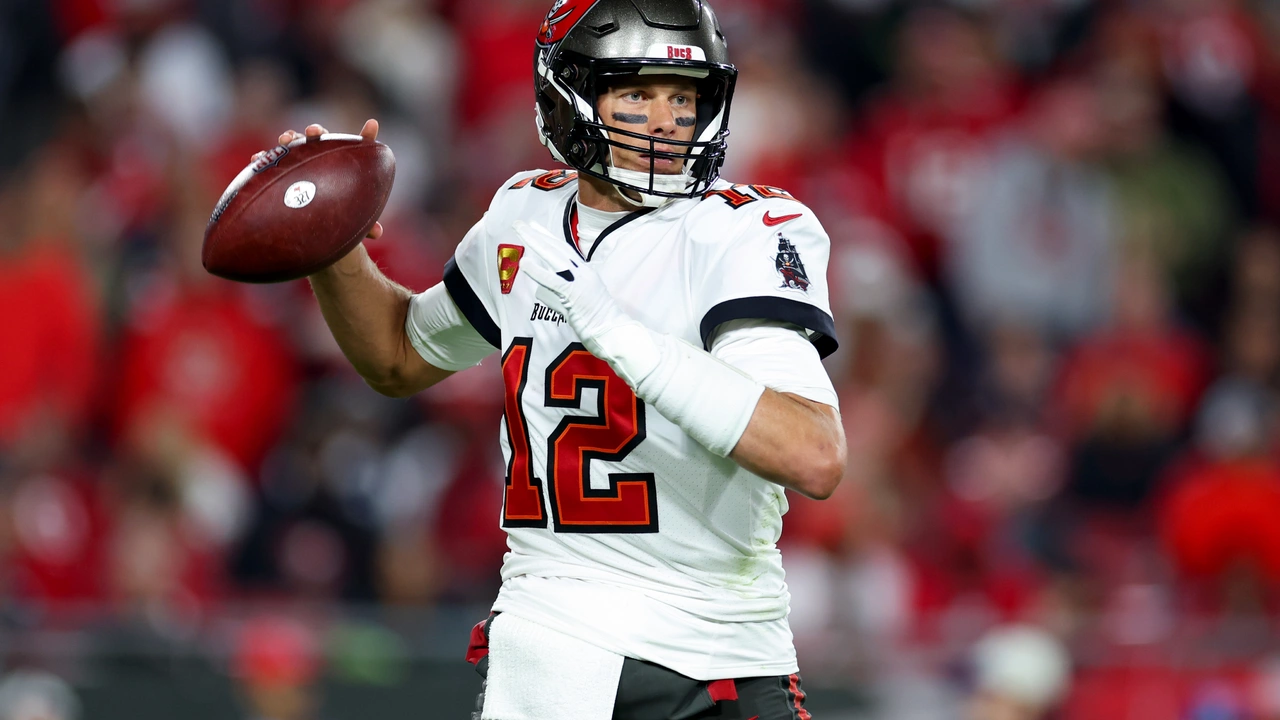Career Longevity Tips for Football Players
Ever wonder why some players keep showing up on the pitch well into their 30s while others hang up their boots early? The good news is that staying in the game longer isn’t just about talent – it’s about the right habits. Below are easy‑to‑follow ideas that can help anyone at Andover FC, from youth hopefuls to seasoned veterans, keep playing at a high level.
Smart Training and Recovery
Training hard is a must, but training smart is what protects your body. Mix high‑intensity drills with low‑impact work like swimming or cycling. Those lighter sessions keep the heart strong without pounding the joints. Strength work should focus on the core, hips, and knees – the muscles that stabilize you during sprints and tackles. A simple routine of squats, lunges, and planks three times a week does the trick.
Recovery isn’t optional. Give each muscle at least 48 hours before hitting it hard again. Sleep is the cheapest recovery tool you have – aim for 7‑9 hours every night and consider short naps after tough matches. Foam rolling or a quick massage can also speed up blood flow and reduce soreness. Remember, if you feel a niggle, treat it early. Ignoring minor pain often turns a small problem into a season‑ending injury.
Nutrition and Lifestyle Choices
What you eat fuels how you play. Load up on lean proteins, complex carbs, and plenty of veggies. A plate of grilled chicken, quinoa, and mixed greens after training provides the amino acids and carbs needed for repair. Stay hydrated – keep a water bottle at your side and sip regularly, especially in hotter weather.
Alcohol and smoking hurt recovery and cut down on stamina. Cut back on binge drinking and quit smoking to keep lung capacity up. Weight management is another piece of the puzzle; carrying extra pounds puts more stress on the knees and hips. If you need to drop a few kilos, do it gradually with a balanced diet and steady cardio.
Mental health matters, too. Stress and anxiety can lead to fatigue and poorer performance. Spend time on hobbies outside football, keep a journal, or talk to a coach or counselor if you feel overwhelmed. A clear mind helps you stay focused during games and reduces the risk of reckless challenges that cause injuries.
Finally, plan your career like a project. Set short‑term goals (like improving sprint speed by 5 % in three months) and long‑term goals (playing at a senior level for the next five years). Review progress with your trainer and adjust your plan as needed. When clubs like Andover FC see that you’re proactive about your health, they’re more likely to invest in your development.
By combining balanced training, proper recovery, smart eating, and a healthy lifestyle, you give your body the best chance to stay competitive for years. It’s not about mirroring the stars – it’s about making everyday choices that add up. Stick with these habits and you’ll be the player who still laces up the boots when others have already retired.
Why hasn't Tom Brady retired?
Jul, 25 2023
Tom Brady, despite his age, hasn't hung up his cleats yet and there are a few reasons for that. For one, he's still performing at an incredibly high level, showing no signs of slowing down, which is truly remarkable. His passion for the game is another factor, he genuinely loves football and enjoys the competition. Plus, he has always been keen on proving that age is just a number and not a barrier to success. Lastly, Brady's disciplined lifestyle and strict fitness regime help maintain his performance, pushing retirement further into the future.

